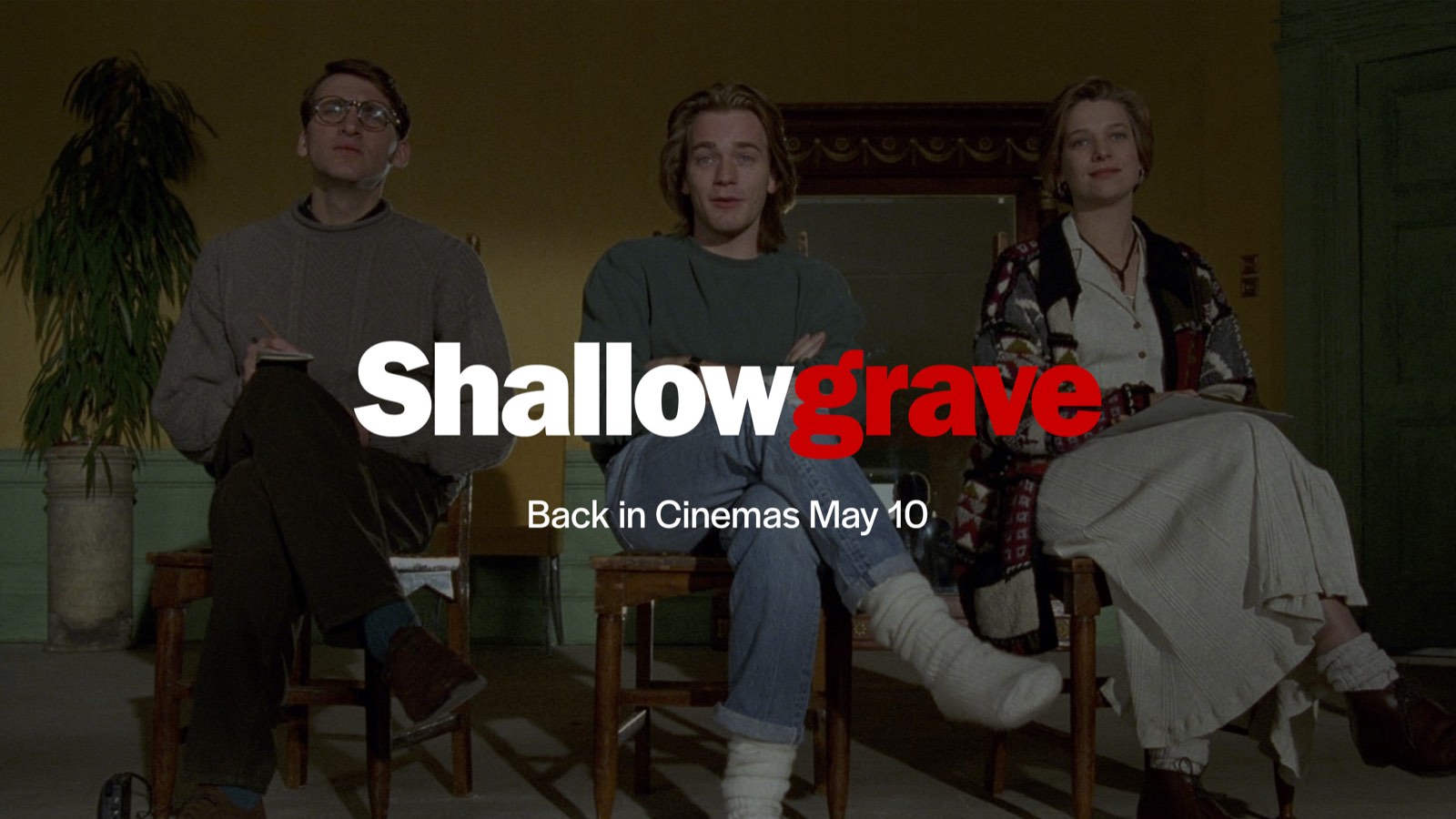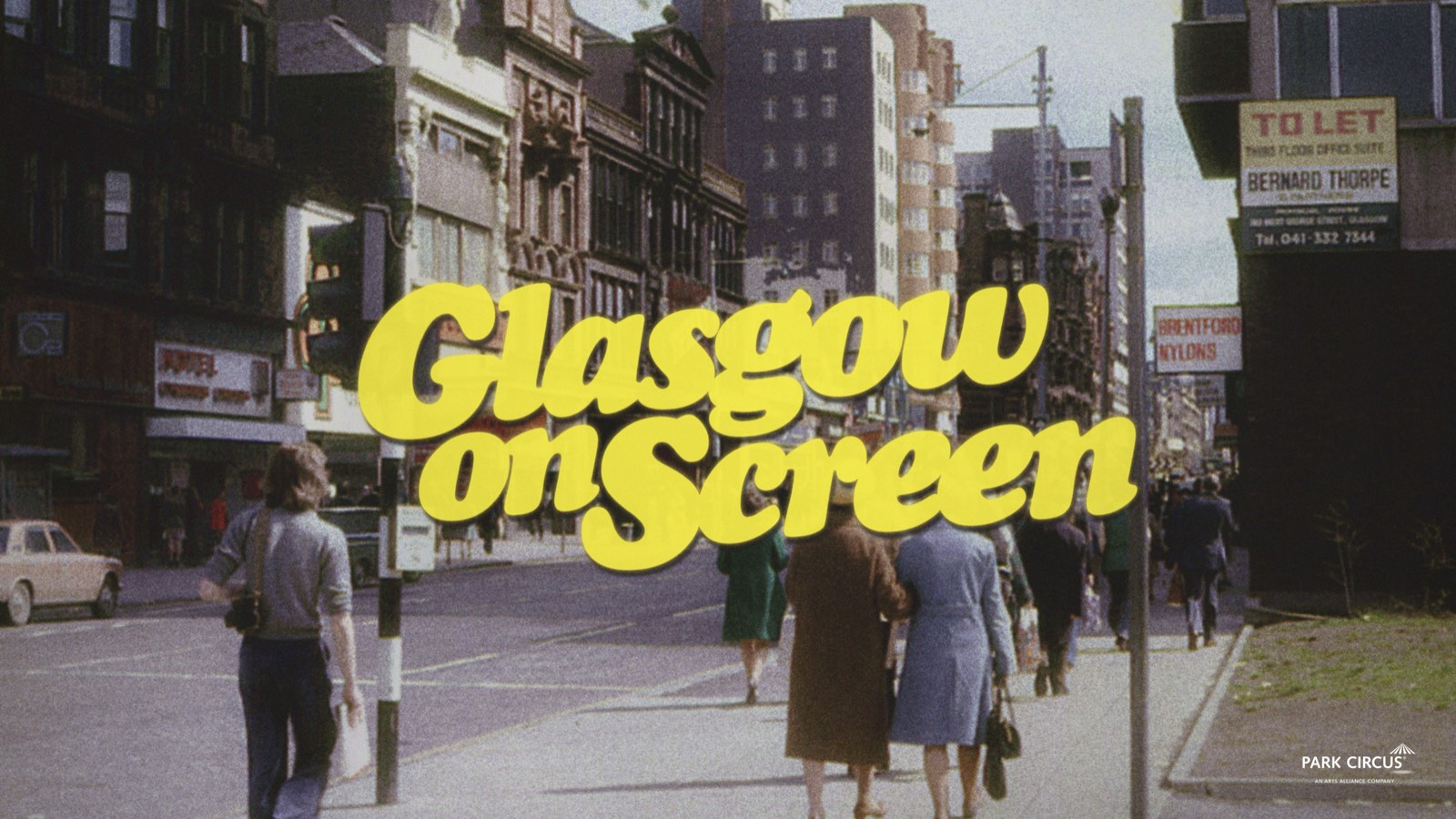
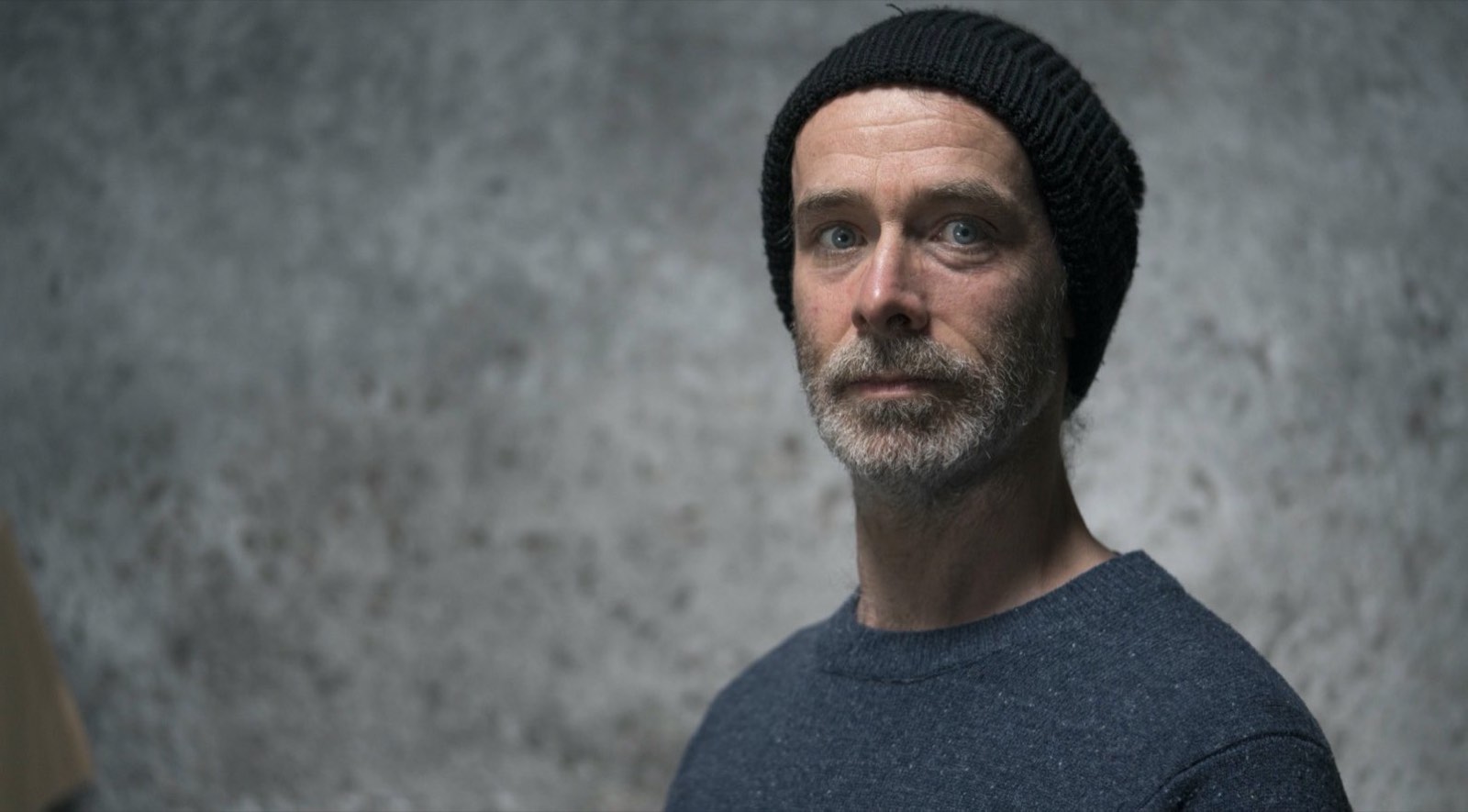
This week across our channels, we are celebrating the brilliance of Woodfall Films, which led the British film revolution of the 1960s.
Park Circus are proud to represent international theatrical licensing of the library, and we were honoured to speak to Steven Hess, Woodfall’s accidental library administrator, to find out more about its history, some of his personal highlights and to get some recommendations of films for us all to enjoy.
Tell us a little more about Woodfall Films and their impact and significance for British cinematic history
A lot has been written about Woodfall’s impact on British and world cinema, most recently around our 2018 60th anniversary retrospective in London with the BFI - Woodfall: A Revolution in British Cinema
In every story context is important. Here, in our story, as the 1960s beckoned, a new mood was sweeping through Britain with anger mounting at an out-of-touch establishment. The era was reflected on screen by the rise of Woodfall Films. Founded in 1958 by director Tony Richardson, writer John Osborne and producer Harry Saltzman, the company pioneered the British New Wave, initially defining an incendiary brand of social realism while defying categorisation in later life. In films like Look Back in Anger,Saturday Night and Sunday Morning and Kes working-class life was spot lit with unheard-of honesty.
The same risk-taking spirit led the company to find a new generation of brilliant young actors to star in their films, including Albert Finney, Tom Courtenay and Rita Tushingham. Films like Tom Jones then expanded the Woodfall slate in an irreverent, colourful direction that helped define swinging London, powerfully contrasted with French rural life and Jean Moreau’s jet-black restless heart in Mademoiselle and finally astonishing us again with the genre defining Hotel New Hampshire – further securing their place in the history of British film.
The connective tissue of these films is an absolute devolution to the story and its characters. They all go their own way.
What is one Woodfall film that you think is especially well-suited to watch right now during these complicated times?
That’s a difficult question to answer - it you want to understand the close personal dynamics of lock down, we can join the challenging, cramped characters of Look Back in Anger or discover a modern take on matters of race, marriage and sexuality in A Taste of Honey; Jo was way ahead of her time. For some serious escapism look at One Way Pendulum (although it is difficult to find), a film that could only be a product of the 60s (or maybe today), it celebrates talking and singing weighing-scales. For a beautiful, colourful romp through the British countryside multi Oscar winner Tom Jones is the pick. For an idiosyncratic take on living, Hotel New Hampshire.
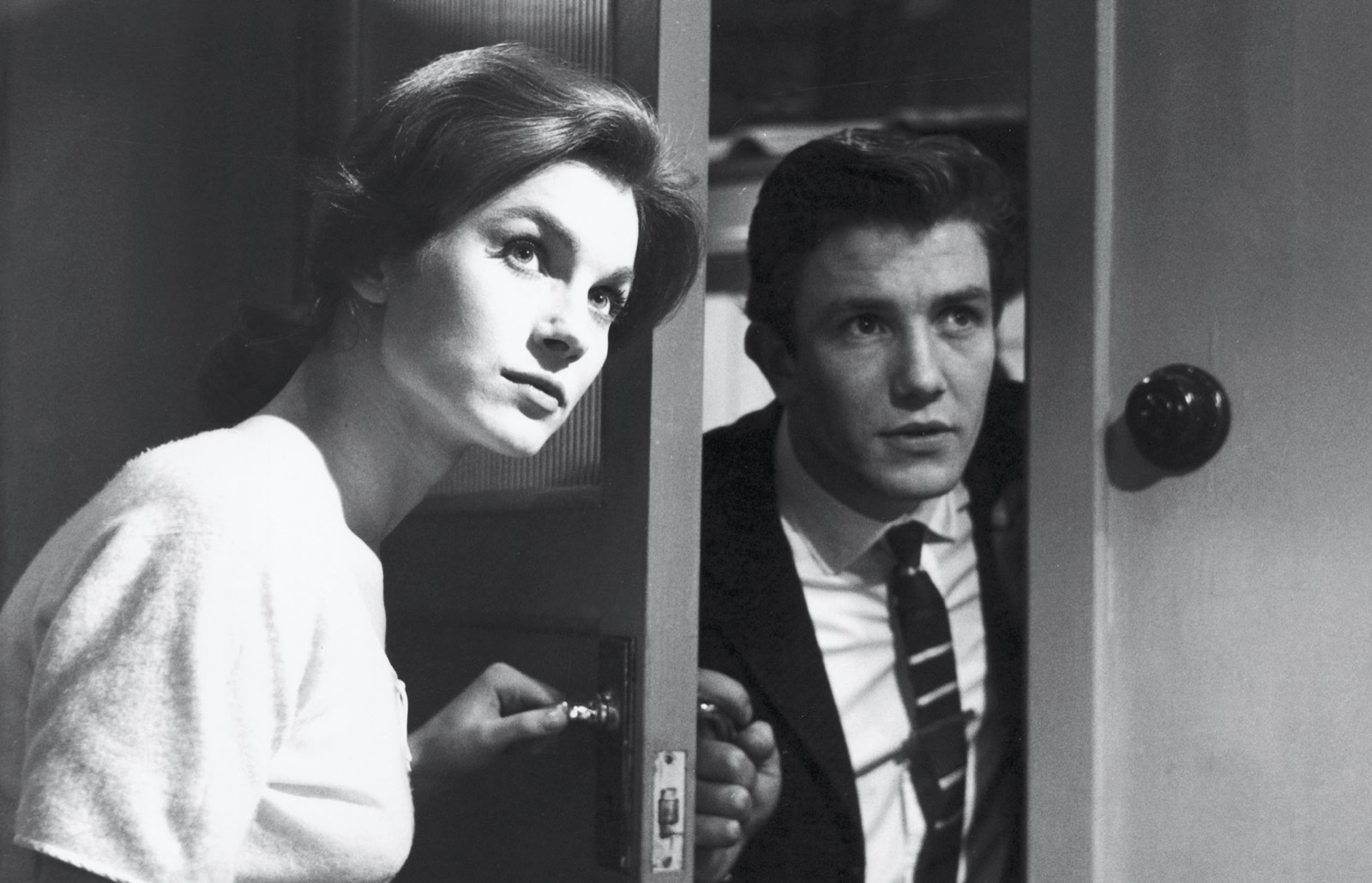
Saturday Night and Sunday Morning (1960)
What is your favourite moment from the Woodfall filmography?
There are so many firsts in Woodfall’s films. First inter-racial on screen kiss, first sex–as–eating visual metaphor; many say that the fox hunt in Tom Jones is the best on film. But for me, I love the flat final scene in The Charge of the Light Brigade (1968). We expect some grand finale, some sort of validation of war, maybe moments of heroism.
No.
We end of a soundless shot of the land and the dead. All the more a powerful statement in its simplicity and depiction of the futility of war and the characters it creates.
For people who may have never seen a Woodfall film which one would you recommend as a way in to the catalogue?
Saturday Night and Sunday Morning. Director Karel Reisz and writer Alan Sillitoe adapting his own novel for the silver screen smashed several taboos, including the use of authentically salty language and—a controversial first in British films—the relatively sympathetic depiction of extra- marital sex, as Arthur Seaton blithely seduces a colleague’s wife. Still, somewhat salty today.
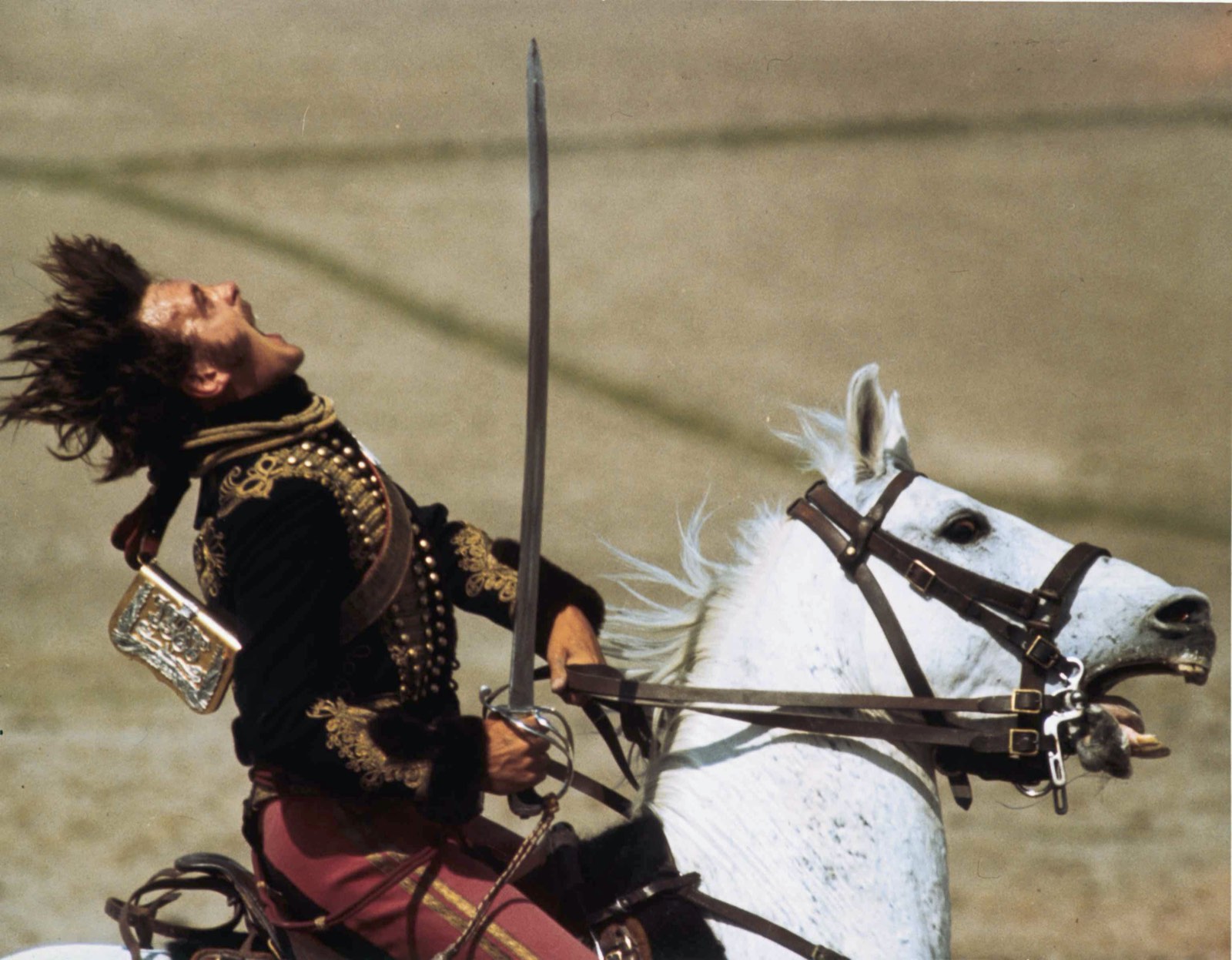
Charge of the Light Brigade (1968)
Which is a film that is a hidden gem in the Woodfall catalogue that you think deserves more play time and recognition?
Being a Dublin man, I can’t help but be drawn to Girl with Green Eyes. 60s Dublin, trying to come to terms with the decade. Like all Woodfall’s films, ahead of its time. Or The Entertainer —the story of a washed-up music-hall veteran. The film provided Sir Laurence Olivier with one of his most memorable roles—and a sixth Best Actor nomination—as well as giving future Woodfall legend Albert Finney his first big-screen appearance at the age of 23. But with Tony Richardson’s touch this was a genuine ensemble piece, not just a one man show.
What next for Woodfall Films following the 60th anniversary celebrations in 2018?
Keeping Woodfall’s films alive. Between 1959 and 1976, Woodfall Films was nominated by 19 awards panels for 126 awards, winning 58 of them. While awards are not everything, they help to remind us of the importance of the body of work. There is no point in any of these films sitting in a can, on a fileserver or disc. They have to be watched by audiences old and new. Each film must be challenged and celebrated in its own right. We may think that in our digital utopia that we can watch anything we want. And that is true. But you need to know what you want to watch first. What is the best film you’ve never seen?
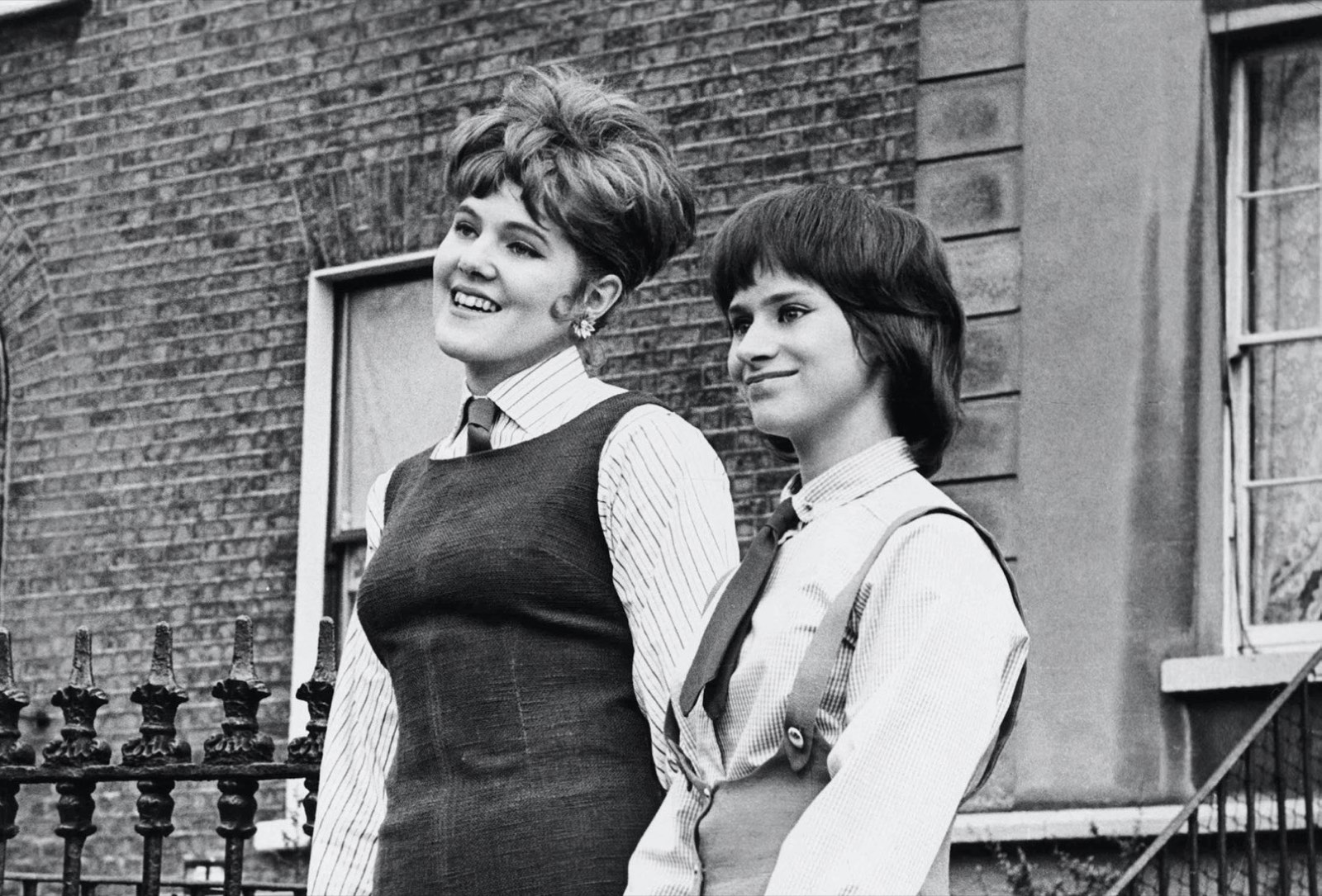
Girl with Green Eyes (1964)


